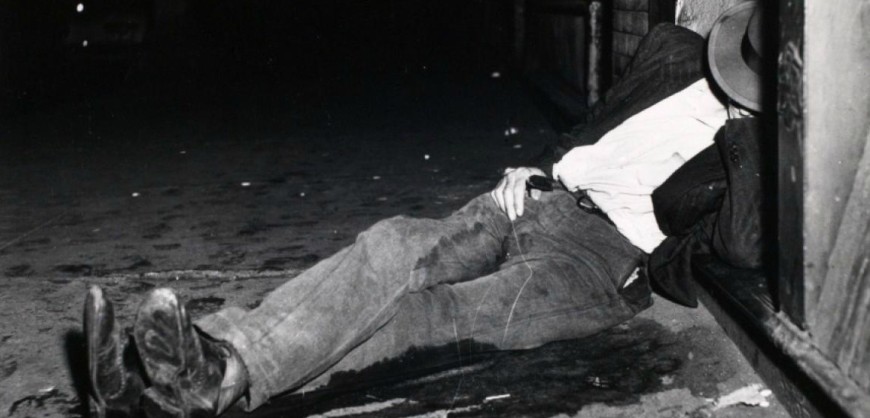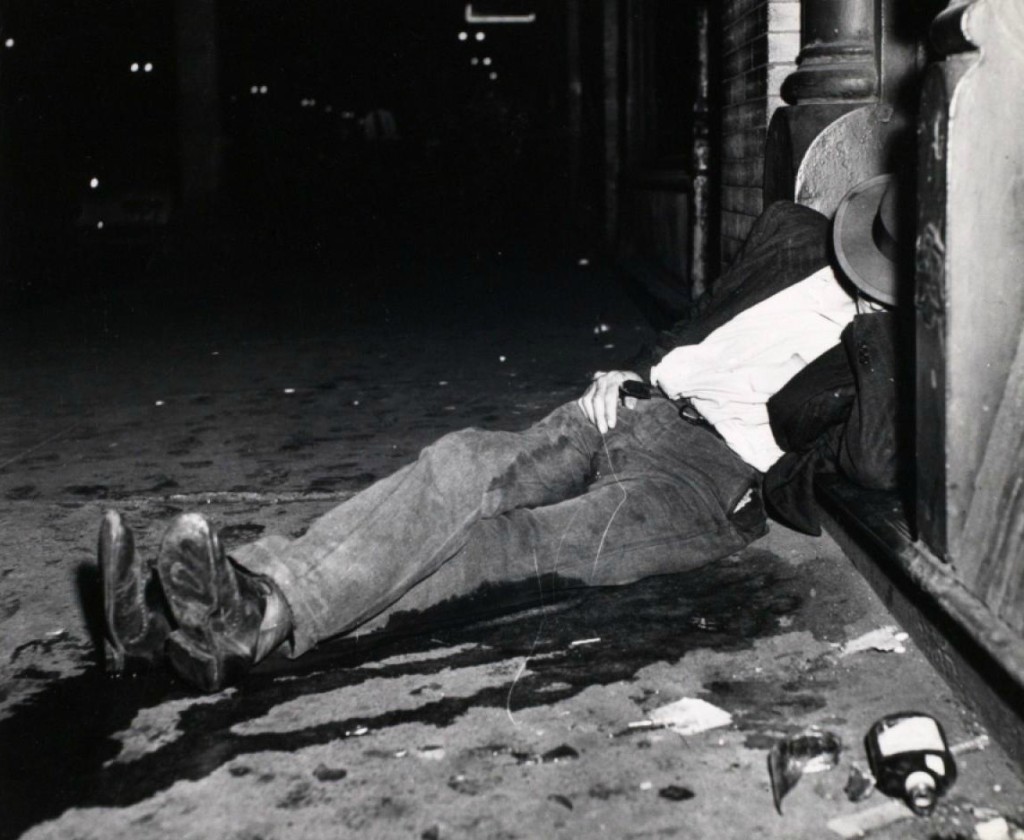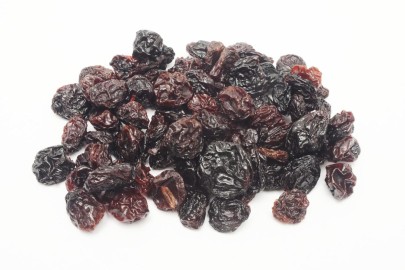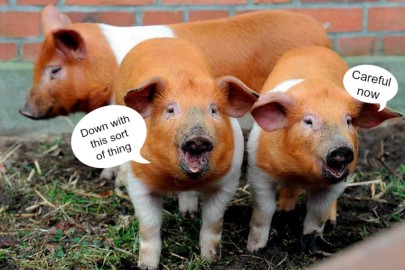Could you handle this dubious drinking trend from Australia’s past? Another weird Wikipedia article unearthed by the Wikiworm…
The six o’clock swill was an Australian and New Zealand slang term for the last-minute rush to buy drinks at a hotel bar before it closed. During a significant part of the 20th century, most Australian and New Zealand hotels shut their public bars at 6pm. A culture developed of heavy drinking during the time between finishing work at 5pm and the mandatory closing only an hour later.
Six o’clock closing was introduced during the First World War, partly as an attempt to improve public morality and partly as a war austerity measure. Before this reform, most hotels and public houses in Australia had closed at 11 or 11:30 pm.
Although it was introduced as a temporary measure, it was made permanent in New Zealand in 1918 and in Victoria and South Australia in 1919. The New South Wales government brought in temporary extensions and discussed putting the matter to a referendum. In 1923, however, without testing the matter by a popular vote, the government enacted 6pm as the closing time.
Hotels catered for a short heavy drinking period after work before the early evening closing by extending their bars and tiling walls for easy cleaning. The phenomenon changed Australian pubs as rooms in the building were converted to bar space; billiard rooms disappeared and bars were knocked together.
The law was intended to reduce drunken mayhem and alcohol consumption but it actually encouraged it because of the short time men had to consume alcohol between “knock off time” and 6 pm. Men often drove home from the pub extremely drunk. Car crashes and assaults by men upon their wives and children were at their highest between 6.30 and 8.00 pm.
Early public house closing times had only limited success; they did not have a significant effect on reducing alcohol consumption and probably contributed to the growth of “sly-grog” venues and the illicit alcohol trade. In many cases, patrons would buy alcohol at bottle shops to consume at home after the six o’clock swill.
Six o’clock closing often fuelled an hour-long speed-drinking session, as men raced to get as drunk as possible in the limited time available. An unintended consequence was that glasses were saved during the hour after quitting time until the last call came for drinks. Then, the emptied glasses could be refilled.
“The bartender didn’t carry your glass to the tap. He carried a pistol-shaped spigot hitched to a long tube and squirted your glass full where you stood.”













All part of Australia’s rich, Sir Les Pattersonesque, cultural history. For further enlightenment read ‘They’re a Weird Mob’ by Nino Culotta (AKA John O’Grady,) hilarious.
Lest we forget, the Scots had a Sunday drinking law, no locals, only ‘travellers’ led to mass evacuation of sober citizens and, later, the mass return of said citizens, plastered, and yet, driving the motor.
The licensed traveler or (bona fide) had drinking privileges in Ireland as well–in The Playboy of the Western World all the locals are bona fides, since the distance is measured not over the fields they travel but along the roads they don’t. I have lent out my Best of Myles, but there is a bit in there on the motto over the Bank of Ireland’s offices, BONA FIDES REIPUBLICAE STABILITAS, which O’Brien happily interpreted to mean that such late-night drinkers were the support of the state.
Never knew that george and malty! That must have been a bit hard to police